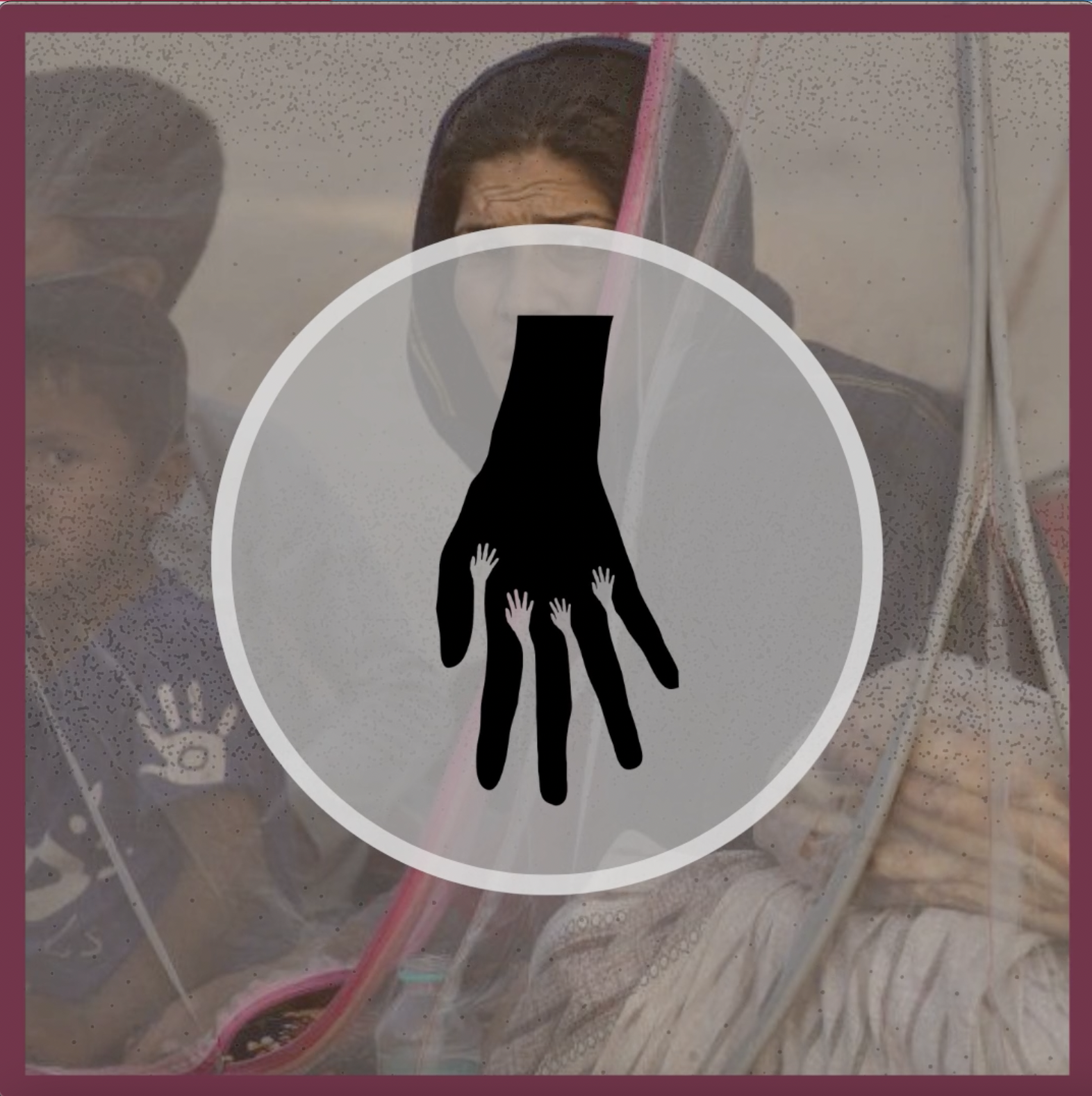We, at MilkshakeFromMars, aim to share the stories of women in science to celebrate their work and highlight their achievements even in highly discriminatory academic and work environments. Our readers are mostly undergraduate students, not necessarily pursuing the sciences, who want to learn about these stories and accomplishments. Today, we speak with Dr. Of What about her blog, getting her PhD and being a woman in science.
We had the honour of being in conversation with Bri.
Bri is the writer of the blog Dr. Of What, where she pens down her experience of getting her PhD in Psychology. Her bog is the ultimate guide to surviving getting a PhD without damaging your mental health. Let’s get in to her experience as a woman in science!
Let’s talk a little about your work. What you have accomplished/ hope to accomplish with your research?
I am an Online Lecturer in Psychology which means that I coordinate undergraduate psychology courses to a cohort of 100% online students. I also continue to conduct and supervise research in psychology. My research is mainly in the areas of conservation psychology, behavioural science, and understanding impacts of the media.
I completed my PhD in Conservation Psychology this year where I explored the psychology of shark conservation and investigated the impact of media portrayals on people’s fear and perception of risk of sharks.

In your opinion, what makes for a successful researcher? Is it different for women?
Firstly, I think curiosity- research is fueled by wanting to find out ‘stuff’! Other things that are important include flexibility, motivation, organization, and a love of learning. In terms of being a female researcher, I think it is important to back yourself and essential to support other female researchers.
As we understand it, you run a blog about your life as a PhD student. Congratulations for your PhD in Psychology! What motivated you to start this blog?
Thank you! To be honest, it still hasn’t sunk in that I have my PhD. I do have a blog called dr.ofwhat which turned four years old the other week. I started my blog and Instagram for a few reasons. Mainly because I wanted an outlet from the PhD, I am a creative person and have always enjoyed creative writing. I also wanted to connect with other PhD students all over the world- blogs and social media are a great way to do that.
How has being female effected your PhD journey? Did you think it any different from the journey your male counterparts experienced?
I was very fortunate to have two women on my supervisory panel. Two incredibly accomplished women (both in their academic pursuits and their family life). I was also surrounded by strong female colleagues in my office. This meant that I never once felt that I couldn’t achieve my PhD because I was a woman. Although I understand that this is not the norm for women in science, it was my personal experience.
I do however remember someone saying to me once, “you must be so proud being a woman and doing a PhD”. To this, I simply responded “I am proud of myself for doing a PhD full stop, my gender does not influence my pride”.
Why do you think it’s important that scientists are recognised for their work? Has it motivated you, personally?
This is a hard question to answer. I think that it is important to recognize scientists because years of blood, sweat, and tears go into research projects and discoveries, and therefore recognition is deserved. Also, the way that academia works in many places also requires personal achievements. For example, first-author publications are important for promotions, so I guess in part this does motivate me. However, I don’t have a desire to be ‘a famous’ scientist or have public recognition.
Is there someone/ something that inspires you?
My previously mentioned female supervisors inspire me as I see firsthand that you can be an incredible academic, lecturer, great science communicator, and have personal accomplishments too (e.g. have a family).
What has your path been like as a woman in science?
I feel very fortunate to have been surrounded by incredible women throughout my higher education in STEM, which definitely positively influenced my journey. When I think back to high school though, I remember not thinking that I could do particular jobs because I ‘wouldn’t be intelligent enough’, science being one of them. I don’t think I can credit this entirely to my gender, but I was definitely bombarded with ideas of ‘gender typical’ jobs. The whole idea that scientists are white men in white coats… I also vividly remember a fellow student in year 12 asking me what degree I applied for, when I replied with Honours in Psychology he said- “oh yeah but you won’t get that score, so what is your backup”. I can be a pretty stubborn person, so this motivated me even more!

Can you tell us a little about why you think it’s important for women to be represented in this field?
Science and research are areas fuelled by innovation. By thinking outside the box. By looking at things from different perspectives. Therefore, it is essential to have diversity (of all kinds) in research teams.
What is something you wish young girls starting out in the fields of STEM knew?
That there are so many different roles in STEM careers! I ‘hated’ science in school, I didn’t think I was good at it, and I didn’t want to be a scientist in a lab with a white coat. Now, I am a researcher in STEM (psychology / behavioural science) and a teacher of STEM (psychology), without a white lab coat in sight- not that there is anything wrong with wanting a lab coat, it just wasn’t for me. So don’t discredit STEM until you explore all the avenues available.
Any closing advice for young female scientists, or society in general?
“A candle loses nothing by lighting another candle”
– James Keller
Science is competitive. Don’t let this ignite jealously of other women succeeding. We are in a time where we need to support one another to give us the best opportunities in this still male dominated area.
Thank you for supporting women in science through your work and accomplishments. It is inspiring to see a successful woman in the field of research and we are grateful for the opportunity to be able to make correspondence with you!
Remember readers: “Women in Science? Shocker, we exist!”
If you like this post, you may also like some of our other work!
- March 2022
- August 2021
- July 2021
- June 2021
- May 2021
- April 2021
- March 2021
- February 2021
- January 2021
- December 2020
- November 2020
- October 2020
- September 2020
- August 2020
- July 2020
- June 2020
- May 2020
Subscribe to help us keep you updated with our posts!





Leave a Reply